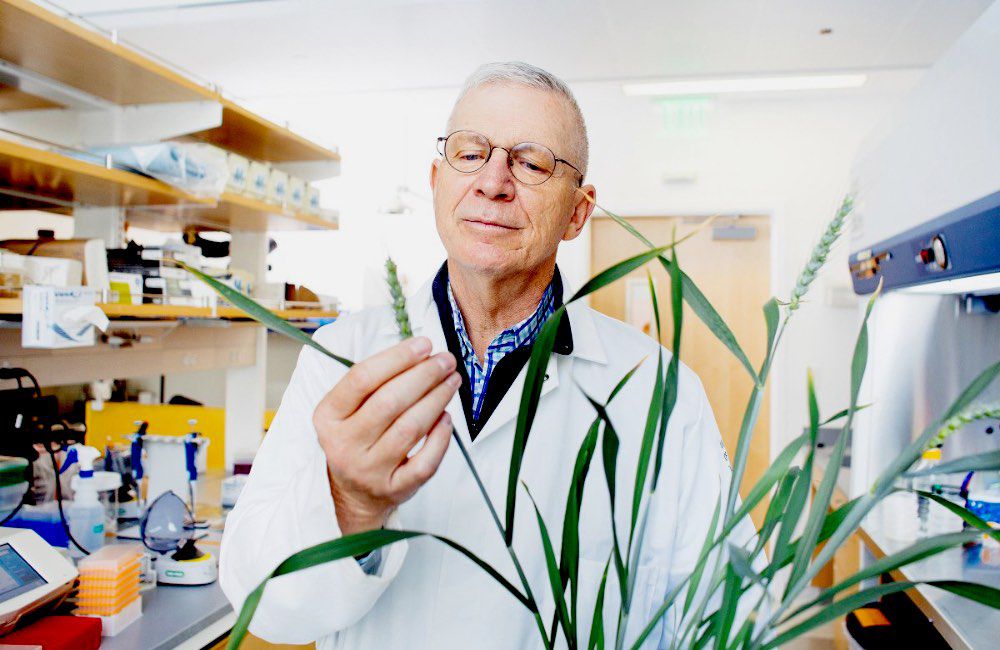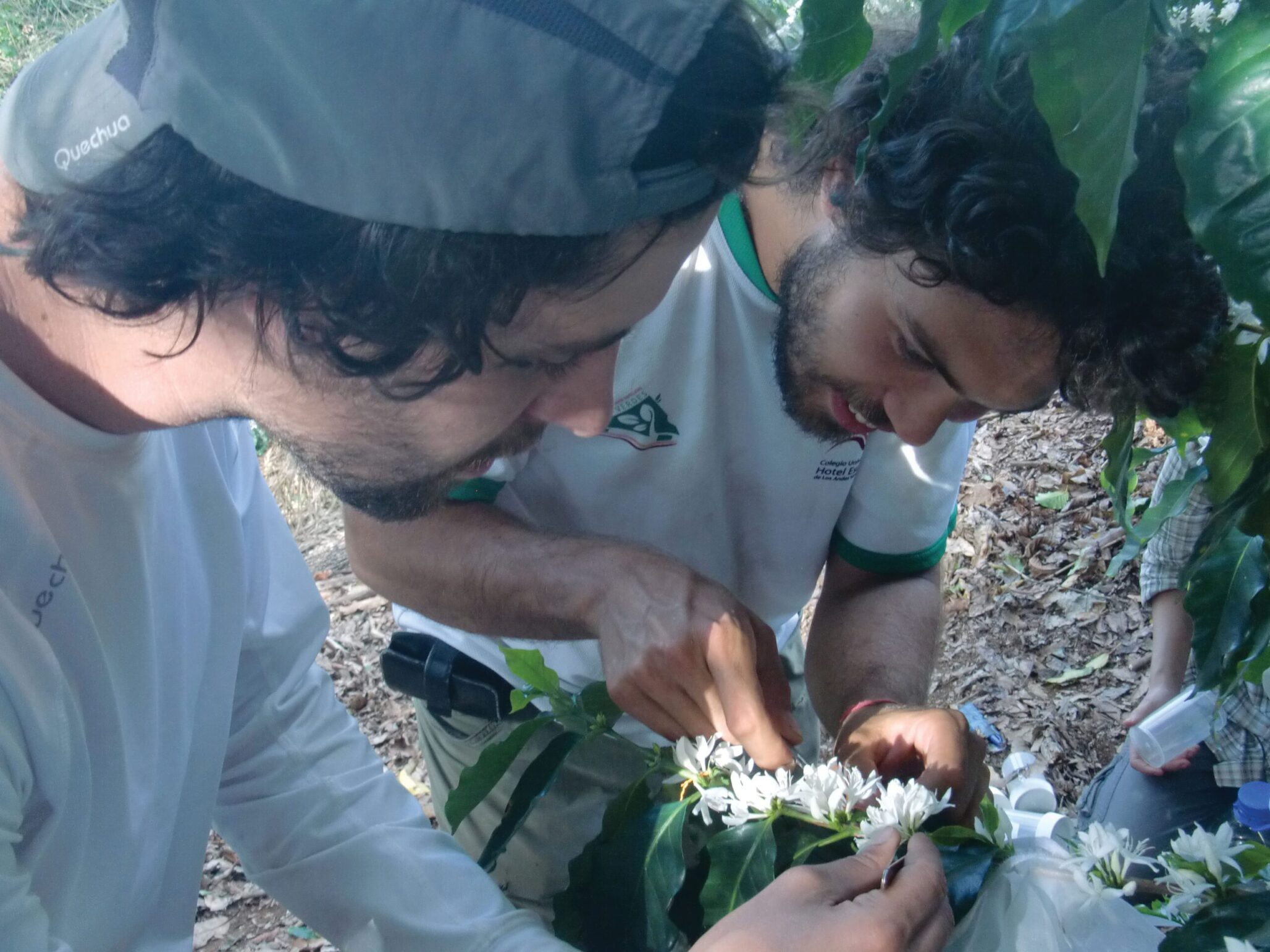Exploring 50 years of advancements in plant immunity, a new study highlights groundbreaking solutions to combat the threats facing vital crops like wheat, bananas and coffee.
Diseases impacting crop plants have profoundly influenced human history and continue to pose significant challenges in our quest to sustainably cultivate the essential crops that feed, clothe, and sustain us. From wheat and bananas to coffee and cacao, a broad spectrum of crucial crops are under threat from diseases, with risks expected to escalate as climate change progresses.
In their latest publication titled “The plant immune system: From discovery to deployment,” featured in the esteemed journal Cell, IGI Director of Sustainable Agriculture Brian Staskawicz, alongside Jonathan D.G. Jones of the University of East Anglia and Jeffery L. Dangl from the University of North Carolina at Chapel Hill, encapsulates a half-century of milestones in plant immunity research. The trio, renowned for their significant contributions to the field, have been instrumental in several technological breakthroughs over the years, including the development and application of CRISPR genome editing in plants.
“As I look back over the last 50 years, I am amazed and proud of the progress that the molecular plant-microbe interactions research community has made to uncover the molecular basis of plant disease resistance,” Staskawicz shared as he reflected on this journey in a University of California-Berkeley news release.
“Personally, I am grateful to my international colleagues, and especially to my students and postdocs at UC Berkeley who have substantially contributed to progress in this area,” he added. “Finally, our ability to translate these discoveries to create sustainable plant disease-resistance solutions to feed the world has become a reality.”
For a deeper dive into how these breakthroughs are forging paths towards sustainable agriculture, read more in Cell.













